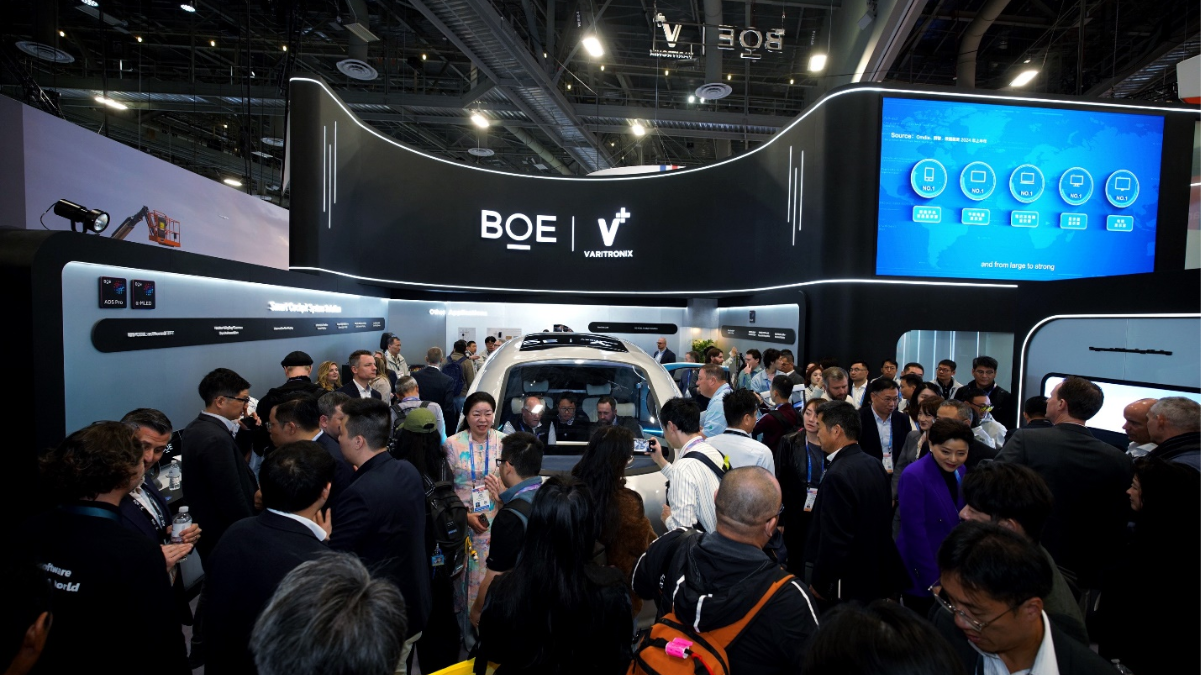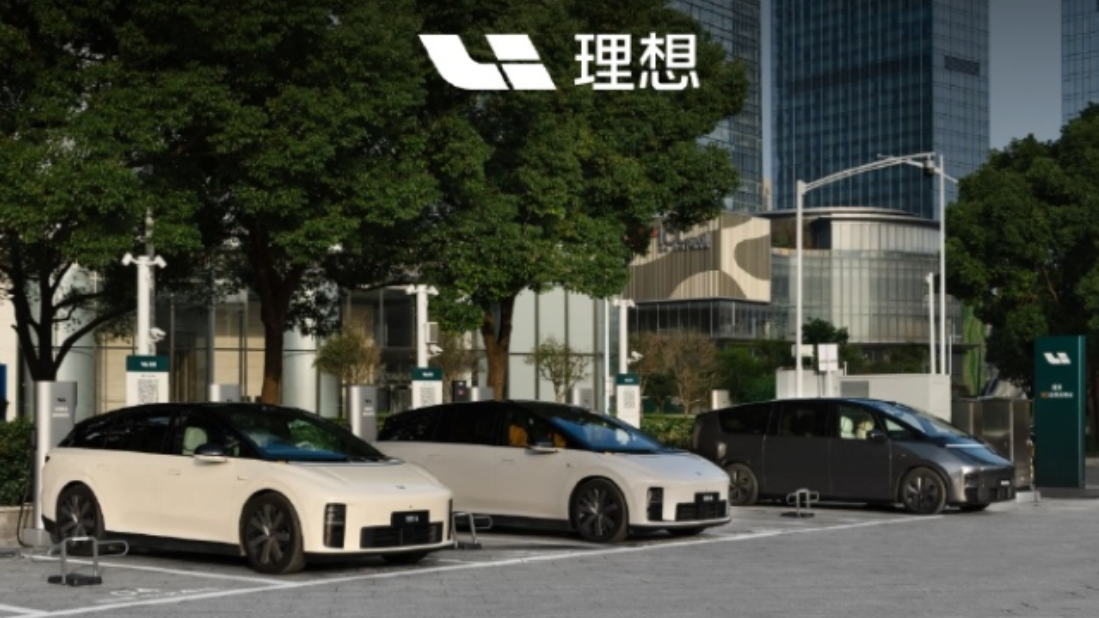The race to develop breakthrough technologies to dramatically reduce gasoline consumption will be front and center as 35,000 automotive engineers gather in Detroit this week.
Fuel cells, hybrids, high-tech diesels and other next-generation ideas will fill the displays in Cobo Center and dominate the myriad panel discussions at the Society of Automotive Engineers World Congress opening today. The theme of this year's conference: "Engineering for Global Sustainable Mobility -- It's Up to Us."
The pressure on automakers to develop advanced technology is increasing as political momentum builds to take action to address global warming and America's dependence on foreign oil.
President Bush wants to reduce the nation's gasoline usage by 5 percent annually by 2017 through increasing the fuel efficiency of passenger cars and light trucks -- a proposal that could cost the auto industry $114 billion through 2017.
And there's a growing clamor in Congress to force automakers to adopt expensive new corporate average fuel economy mandates well beyond what Bush proposed.
Toyota Motor Co. President Katsuaki Watanabe is expected to address the subject Thursday when he speaks about the company's efforts to add more hybrids and more fuel efficient vehicles. Toyota is the official host company this year.
"Both sides of the aisle, Democrats and Republicans, see this as a problem and, frankly, there will be tremendous emphasis going forward," said Richard Schaum, SAE's 2007 president and a retired executive vice president for product development and quality at DaimlerChrysler AG.
One panel discussion this week is titled "The Gasoline Engine Is Dead. Or Is It?" Another panel will highlight how government policies on vehicles and fuels will affect consumer choice.
Schaum said automotive engineers have proven that they can rise to the challenge.
"The same engineers that lowered emissions for photochemical smog by 99 percent and lowered traffic fatalities by 75 percent over the last 30 years, have more than doubled fuel efficiency," Schaum said. "Engineers are amazing animals. Give them a problem and define what you'd like to have done, and they deliver."@@Page@@
GM uses conference to recruit
General Motors Corp. plans to use the SAE World Congress to recruit for 400 highly technical jobs it plans to fill in the near future to tackle next-generation powertrains and other issues.
The heart of the congress, as always, will be technical sessions, where auto company engineers present peer-reviewed research papers -- many highly technical -- to share information on common engineering problems.
The touchy relationship between auto manufacturers and suppliers will be addressed at a meeting that includes Bo Andersson, GM's group vice president for purchasing, and Metaldyne Chairman and Chief Executive Officer Tim Leuliette.
One panel from GM, Ford Motor Co., Honda Motor Co. and DaimlerChrysler AG will look at which powertrain engines will be in use over the next eight years, in light of increasing fuel economy standards. Another will focus on whether gas-electric hybrids are commercially viable.
GM Vice Chairman Bob Lutz has said the company is halting work on many of its rear-wheel-drive cars because of fuel economy concerns.
Earlier this month, the Supreme Court ruled the EPA has the express authority to regulate carbon dioxide emissions from vehicle tailpipes as an air pollutant. Lutz said regulations under consideration could add more than $5,000 to the cost of every GM vehicle.
Another panel is titled "High Performance and Fuel Economy: Can We Have Both?"
BMW's U.S. Chairman and CEO Tom Purves said in an interview at the New York Auto Show that many alternative fuel vehicles -- like diesels -- have improved performance. "People want performance, but not at any price," Purves said, adding that consumers also want environmentally responsible vehicles.
BMW's new Valvetronic variable-valve control system in its 3 and 5 series cars delivers up to 17 percent greater power with up to 10 percent better fuel economy. Between 1990 and 2005, its average fuel economy increased more than 22 percent for its car fleet, in part through the use of lighter weight magnesium engines to improve fuel economy as well as lighter weight materials throughout.
A panel will focus on diesel production and how fast the U.S. market will grow.
The SAE World Congress will focus on other key issues facing engineers. One panel is titled "Safety Sells."
National Highway Traffic Safety Administrator Nicole Nason will talk about technologies such as electronic stability control.
Safety another focus of SAE@@Page@@
Last week, NHTSA issued a final rule mandating the anti-rollover technology by the 2012 model year, while speeding up the timetable for compliance.
In 2005, NHTSA reported a 1.4 percent increase in traffic-related deaths, to 43,443, and more than 6.2 million crashes.
The rate of fatalities increased for the first time since 1986, to 1.47 deaths per 100 million miles traveled. Traffic deaths cost society an estimated $230 billion annually.
"We need to do some hard research to understand how people are actually dying and being injured," said Adrian Lund, president of the Insurance Institute for Highway Safety, who will be on the panel.
Lund agreed with internal research from automakers that shows safety is growing as a factor consumers want in buying a new car. "There's no question that now safety sells. It's a major way that automakers can add value to differentiate from one another," Lund said.









